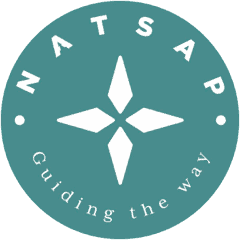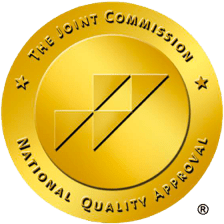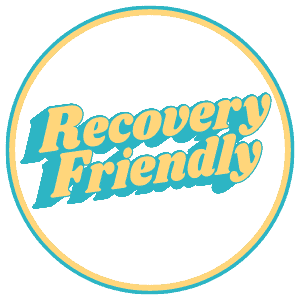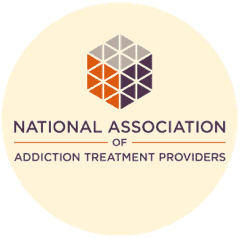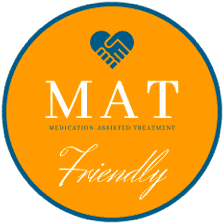As we move through National Recovery Month, it is worthwhile to pause for a moment and consider what we mean by the word recovery. What exactly are we recovering from? What helps us to heal? Whether we are recovering from substance use, trauma, mental health challenges, the loss of a job or loved one, or all of the above, one thing is for certain:
Recovery starts with safety. We can’t begin to heal until we feel safe, but that begs another question: what do we mean by safe?
SAMHSA‘s four dimensions that support recovery offer some clues. A safe and stable home is one dimension. Community is another and includes relationships and social networks that provide support, friendship, love, and hope. Sober transitional living programs leverage both of these dimensions to create a safe healing environment that supports immediate healing and long-term recovery.
Safety is a primary concern for those of us who are recovering from active addiction. We weren’t safe when we were using. We engaged in risky behaviors that ruined our relationships, damaged our health, impaired our judgment, limited our opportunities, depleted our finances, and put us at increased risk for incarceration, homelessness, accidents, overdose, and death. We were anything but safe. But no matter what has robbed us of our sense of safety, recovering it involves healing our past by changing the way we respond in the present. This work is powerful and can help us feel grounded and safe even in the midst of challenging circumstances. Some of the most effective trauma and addiction treatments focus on building a core set of safety skills.
Cognitive— These safety skills include developing a greater understanding of trauma and addiction disorders, exploring a recovery mindset, challenging faulty thinking, cultivating self-compassion, and discovering new ways of understanding and engaging with the world.
Behavioral—These skills include learning how to recognize and actively avoid triggers, practicing self-care and self-soothing strategies, grounding techniques for working with emotional pain, making and keeping commitments, and using time wisely.
Relational—Relationships can make the difference between recovery and relapse. Relational skills include learning how to cultivate healthy relationships, communicate honestly, set boundaries, ask for help, and create a supportive community.
Practicing these skills regularly not only restores a sense of safety but also personal power and dignity. When safety becomes our home base, we can stop reacting out of fear and actively make choices that move us closer to our goals and dreams.
Individuals in early recovery can jump-start this process by choosing an after-care program that offers evidence-based recovery support, relapse prevention education, individual case management, trauma-informed counseling, peer support, and life skills training. These resources provide the time and space necessary for individuals to build their own safety skills.
If you or someone you know is seeking safety from drug or alcohol addiction, Next Step Recovery in Asheville, NC can provide a safe place to recover and discover the power of sober living. Give us a call at 828-350-9960 or susan@nextsteprecovery.com to learn more about our intensive outpatient program and optional transitional living community for men.



